Kingsmill owner Allied Bakeries has temporarily abandoned the use of modified atmosphere packaging (MAP) for some products as a result of the carbon dioxide crisis.
The business has switched from MAP to standard packaging for its rolls and thins – resulting in a ‘marginally reduced’ shelf life in order to maintain supply and meet customer demand.
News of the packaging change followed Hovis last week stating it had reduced the best-before dates for some products as a temporary measure until carbon dioxide stocks returned to normal levels
Many manufacturers use gas-flushing in the packaging of some baked goods. The process replaces the oxygen in packaging with a mix of gases, typically carbon dioxide and nitrogen, to help inhibit mould growth, and prevent the pack collapsing.
“We operate flexible production processes, so when we are faced with situations such as last week’s nationwide CO2 shortage, we are able to prioritise customer supply rather than stop production,” Allied told British Baker.
“We’re proud that our bakers around the country have been able to continue to supply our full range of bakery goods.”
Allied expected to reinstate MAP use and normal shelf life when continuous supply of carbon dioxide was available again.
Warburtons has also been impacted by the shortage of food-grade carbon dioxide, and was forced to temporarily halt manufacture of crumpets at its factories in Enfield and Burnley. Production was resumed after the business secured a supply of carbon dioxide.
With food businesses including meat processors, drinks suppliers and bakers under pressure because of the shortage, Campden BRI has launched a project to investigate the impact of carbon dioxide on the shelf life of modified atmosphere-packed foods.






















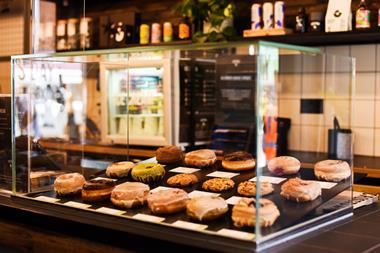
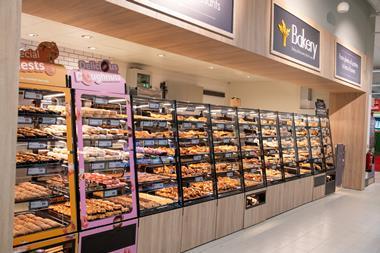
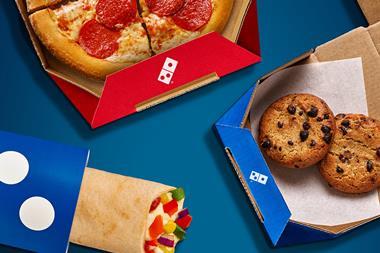
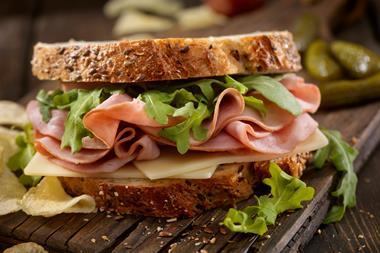
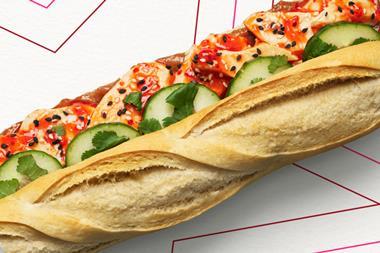
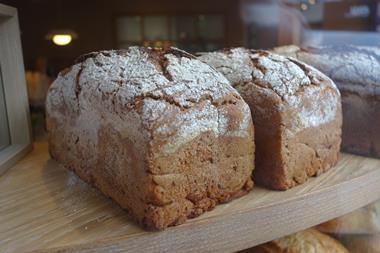
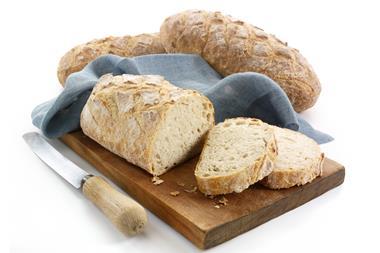
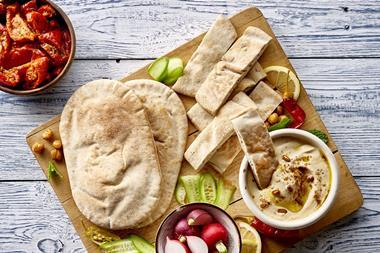
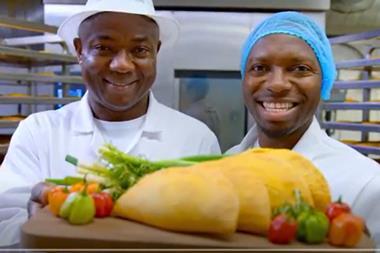
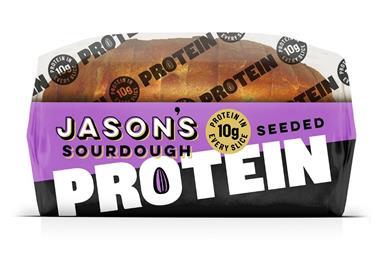

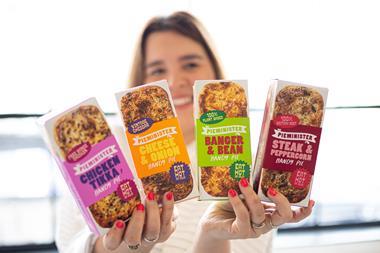

No comments yet